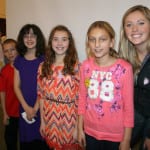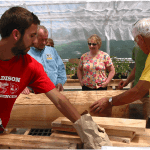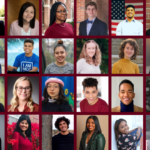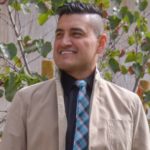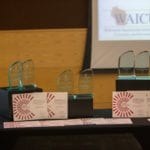UW-Superior Addressing Global Problems
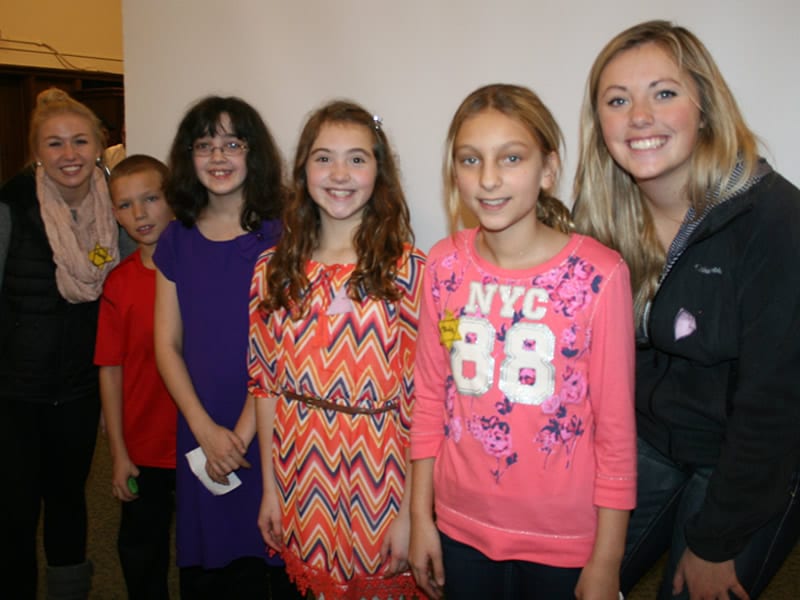
Addressing Global Problems at a Local Level
The mission of UW-Superior calls for the institution to “embody respect for diverse cultures and multiple voices, and engage the community and region.” This could be a challenge because Superior and Douglas County is relatively homogenous. Through service to the community, via a marriage to academic content, UW-Superior is able to raise global consciousness on a local scale.
One representative Academic Service-Learning (AS-L) project that meets these objectives is a partnership between a First Year Seminar course that focuses on genocide and local fifth graders. The elementary and college students work together to create projects that were presented in a variety of formats (PowerPoints, timelines, picture collages, written analysis, 3D constructions, graphs, etc.) about genocides through history. This information is presented on International Human Rights Day or Holocaust Remembrance Day. The presentation is open to the public and is well-attended by the Superior and UWS community.
Another signature project seeks to discuss refugee and international humanitarian law in a way that engages the community and empowers them to action. Three political science courses organize two exhibitions each Fall; UWS students teach fellow students and community members about refugees and humanitarian law. In this project, students put on a “Refugee for 30 minutes” exhibit that explores factors that cause people to become refugees and the conditions that refugees experience. The law, as it relates to refugees, is also discussed. The other exhibit “From Banning Landmines to Cluster Munitions to Killer Robots” explores how international humanitarian laws regulate what weapons are permissible and if their weapons violate the global norm. The project was undertaken in cooperation with the Northland Chapter of the American Red Cross.
Several social work courses on campus also encourage students to think about diversity that occurs locally and to see how institutional privilege can be challenged to ameliorate life for marginalized groups. In Human Behavior in Social Environments II, students complete a 15 hours service experience designed to provide exposure to community needs of diverse populations and change efforts that address these needs. The outcome is for students to develop an understanding of and ability to see the importance of providing direct services while in the arena of promoting social change. Additionally, students in Introduction to Social Work spend 30 hours at nonprofits in the community dedicated to serving diverse populations. Students are equipped with new insight about how community agencies often provide services for vulnerable populations and how to make bonds with local residents. The students learned to think critically by asking “how” and “why” to foster diversity. The students benefit the most from learning in-depth about human services/social work and the expected challenges in the profession.
Eight percent of UWS faculty participate in this initiative: Nine professors teach 14 sections of courses that offer Academic Service-Learning opportunities that benefit this project. 242 students participated for a total community benefit of 4,513 hours.
The benefit of this project is spread out amongst over 29 community partners including: Center Against Sexual and Domestic Abuse, Community Action Duluth, Girl Scouts, Harbor House Crisis Shelter, Men as Peacemakers, Health Care Clinic, Planned Parenthood, American Indian Community Housing Organization, North Country Independent Living, and so many more.
 News
News 